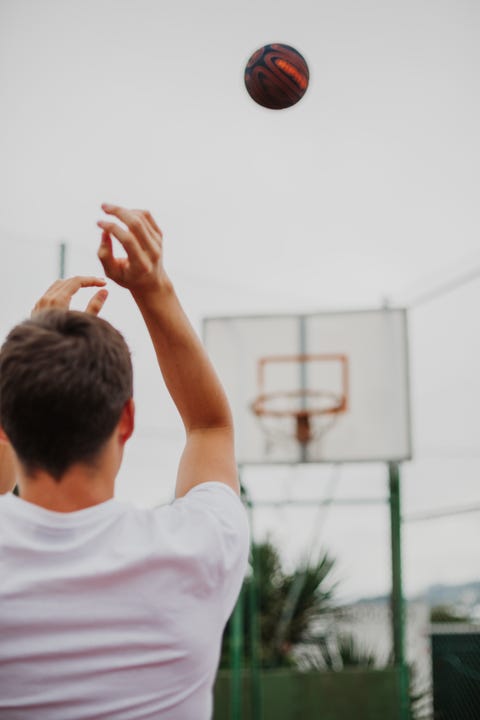“Shelter-in-place” orders are spreading along with the novel coronavirus through urban counties in the United States, including all of the San Francisco Bay Area, and pending in New York City. Under these orders, people must not venture out of their homes unless they are on a mission that fits the definition of “essential” under these orders. The rules already affect millions of people and have left many of them scratching their heads about just what is OK and not OK to do, and asking, What is “essential,” anyway?
What qualifies as essential might be more flexible than you think. Many jobs remain essential, including healthcare, banking, and food preparation. Errands that are essential relate to what you and your family members need to remain healthy and keep your household functioning. The key is to stay inside unless you have a truly essential need to leave your home.
Although heavy crackdowns are not currently planned, violating these orders is technically a misdemeanor. The orders also, for now, share a set of common rules, whether they apply to residents of San Jose or Hoboken, and a key phrase can help you stay on the straight and narrow: keep a distance of 6 feet.
Below are a few important questions and answers about what these orders could mean for you. Because the situation with the novel coronavirus changes by the hour, keep up with information about orders specific to your area by checking with your local public health department.
Is it OK to interact with family?
A common phrase among these orders is that people should physically distance themselves from others by at least 6 feet. Maintaining this gap helps maintain health. You do not, however, need to walk around your house carefully staying 6 feet away from others who live with you, as long as they do not have COVID-19. The “6 feet of distance rule” applies to people in shared public spaces or outdoors.
Is it OK to walk the dog?
Pets are considered “household members” in these orders. Their essential needs can include needing to go on walks, so yes, you can walk the dog.
Is it OK to take a walk or run outdoors?
Yes, as long as you maintain a distance of 6 feet from people you encounter on an outing, these orders so far allow people to engage in outdoor activities such as walking, running, and hiking.
Is it OK to go out for groceries?
Yes. “Essential” includes getting food for yourself, your family, and your pets and extends to obtaining household products for the continued operation of your home.
Is it OK to order takeout?
Yes, the orders generally allow restaurants to continue to prepare food for takeout and delivery. Many restaurants are now including an option in their online ordering systems for delivery drivers to leave the food at the door, with no person–person interaction required.
Is it OK to go to the laundromat?
Yes, laundromats are allowed to stay open as essential, and people can use them, with the “6 feet apart” physical distancing rule in play.
Is it OK to take the bus?
Public transit is only for people whose travel is for the essential purposes listed in the shelter in place orders, and people using it still must follow the “6 feet apart” rule.
Can I still use a ride share?
Some ride-share companies have suspended ride pools, but where available, individuals can still use these services on their own as long as the travel is for essential purposes.
Is it OK to have other children over for a playdate?
This practice is strongly discouraged and not in keeping with the dictate to stay 6 feet away from people who do not reside with you.
Is it OK to go shoot hoops?
If you are alone and on an outdoor court, this practice would be OK, as long as you stay 6 feet away from anyone around you. Keep in mind that studies are now indicating that the virus survives on smooth surfaces, including some metals, for days.
Carol YepesGetty Images
Is it OK to go to work?
Your job has to be something defined as “essential,” which includes but is not limited to public works, emergency services, and essential businesses such as grocery and convenience stores, banks, hardware stores, and restaurants providing delivery or takeout.
Is it OK to keep my appointment for my annual physical?
Most clinicians are canceling non-crucial appointments and elective procedures.
What else do I need to do?
Stay inside and away from public places as much as you can. If you do go to the store or elsewhere on an essential errand, remember the key phrase, “6 feet apart,” and the key behaviors: don’t touch your face, cough into a sleeve or disposable tissue, and wash your hands with soap, taking at least 20 seconds to do so. In a pinch, hand sanitizer can be a substitute, but nothing beats hand washing.
Source: Read Full Article

